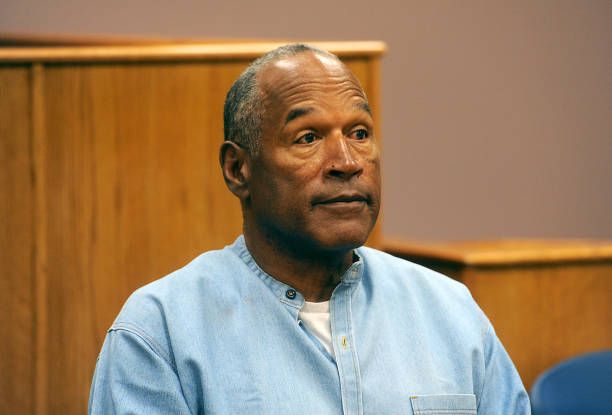Prominent British Conservative politician and journalist, Nigel Lawson died on April 3, just three weeks after his 91st birthday. A cause of death has not been revealed, however, considering his old age, it would be prudent to say that he might have died due to that. He was survived by six children.
Nigel Lawson served as a Member of Parliament for the constituency of Blaby from 1974 to 1992 and was a key member of Margaret Thatcher’s Cabinet from 1981 to 1989. Lawson was appointed Chancellor of the Exchequer in 1983 and remained in this position until his resignation in 1989.
Before joining the Cabinet, Lawson worked as the Financial Secretary to the Treasury from May 1979, where he was responsible for managing the government’s finances. He was then promoted to Secretary of State for Energy, where he played a crucial role in the government’s policy of privatising several key industries, including gas and electricity.
As Chancellor of the Exchequer, Lawson was responsible for managing the country’s economy and was a key player in implementing Thatcher’s economic policies, which included reducing inflation and boosting economic growth. During his tenure, Lawson oversaw several important reforms, including the deregulation of the financial sector and the introduction of the Enterprise Allowance Scheme, which provided financial support for new businesses.
In 1989, Lawson resigned from the Cabinet and returned to the backbenches, where he remained until his retirement from politics in 1992. Following his retirement, Lawson continued to play an active role in politics, becoming the president of Conservatives for Britain, a campaign group that advocated for the UK to leave the European Union. He was a vocal critic of the European Union and argued that it had become too bureaucratic and undemocratic.
Lawson also served as the chairman of the think tank, The Global Warming Policy Foundation, where he was a prominent critic of climate change policies. He argued that the scientific consensus on climate change was overstated and that many of the policies aimed at reducing carbon emissions would have a negative impact on the economy.




